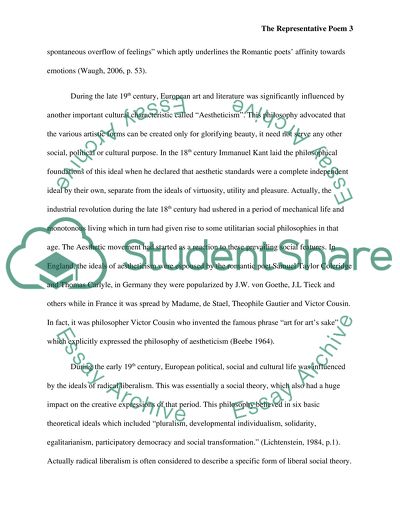Cite this document
(“Ulysses by Alfred Lord Tennyson Essay Example | Topics and Well Written Essays - 1250 words”, n.d.)
Retrieved from https://studentshare.org/literature/1440188-ulysses-by-alfred-lord-tennyson
Retrieved from https://studentshare.org/literature/1440188-ulysses-by-alfred-lord-tennyson
(Ulysses by Alfred Lord Tennyson Essay Example | Topics and Well Written Essays - 1250 Words)
https://studentshare.org/literature/1440188-ulysses-by-alfred-lord-tennyson.
https://studentshare.org/literature/1440188-ulysses-by-alfred-lord-tennyson.
“Ulysses by Alfred Lord Tennyson Essay Example | Topics and Well Written Essays - 1250 Words”, n.d. https://studentshare.org/literature/1440188-ulysses-by-alfred-lord-tennyson.


